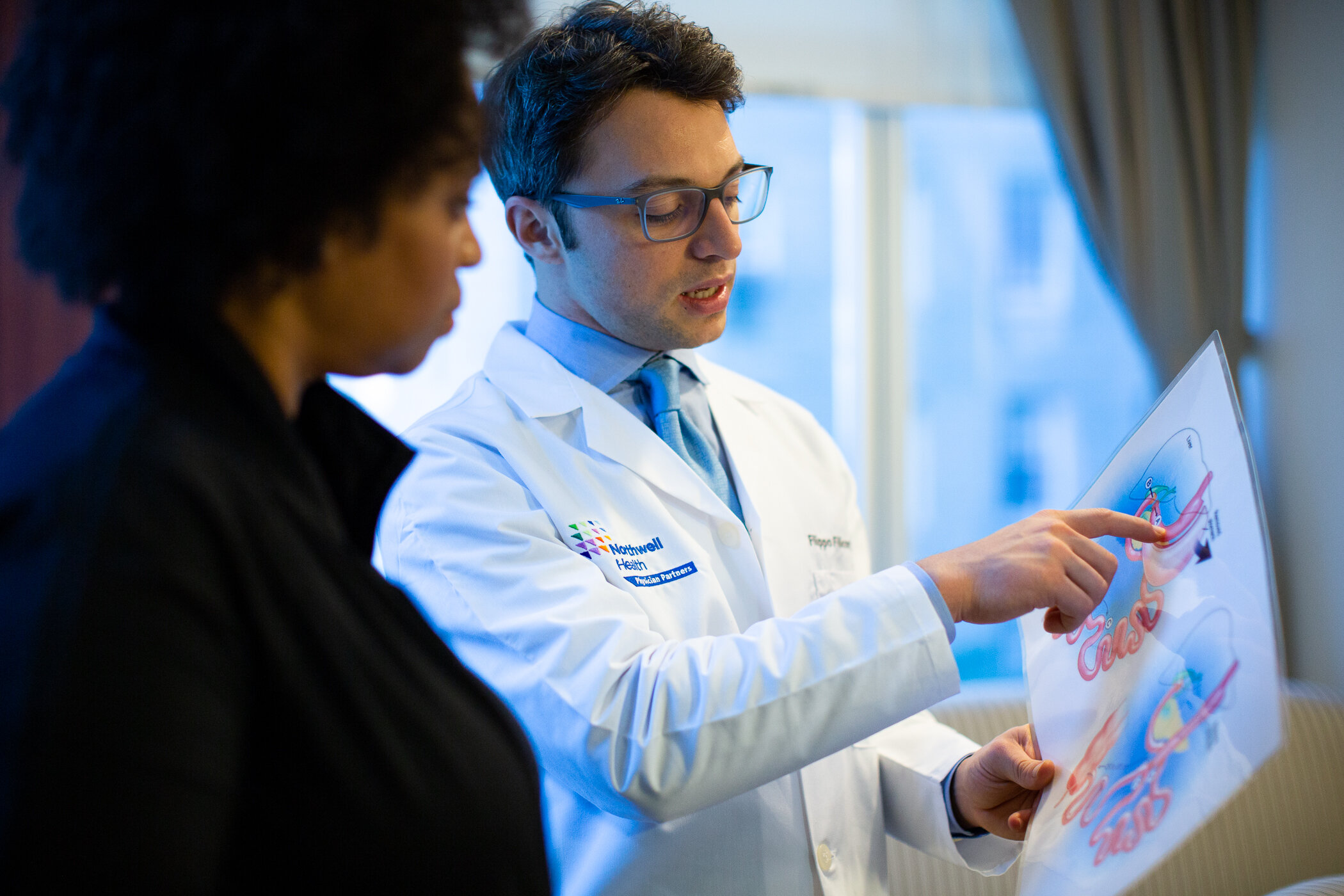
What causes heartburn?
When you eat, food travels from your mouth to your stomach through a tube called the esophagus. At the lower end of the esophagus is a small ring of muscle called the lower esophageal sphincter (LES). The LES acts like a one-way valve, allowing food to pass through into the stomach. Normally, the LES closes immediately after swallowing to prevent back-up of stomach juices, which have a high acid content, into the esophagus. GERD occurs when the LES does not function properly allowing acid to flow back and burn the lower esophagus. This irritates and inflames the esophagus, causing heartburn and eventually may damage the esophagus.
What contributes to heartburn?
Some people are born with a naturally weak sphincter (LES). For others, however, fatty and spicy foods, certain types of medication, tight clothing, smoking, drinking alcohol, vigorous exercise or changes in body position (bending over or lying down) may cause the LES to relax, causing reflux. A hiatal hernia is found in many patients who suffer from GERD. This refers to the condition in which the top part of the stomach bulges above the diaphragm and into the chest cavity. This phenomenon is thought to contribute to the development of acid reflux. Surgery for GERD also fixes the hiatal hernia. A few patients may develop a condition in which there is a change in the type of cells in the lining of the lower esophagus, called Barrett’s esophagus. This is important because having this condition increases the risk of developing cancer of the esophagus.


